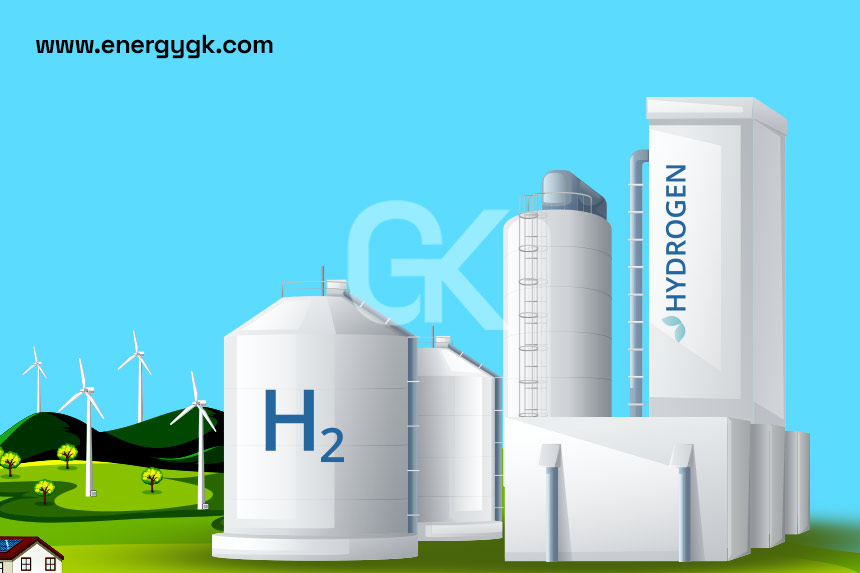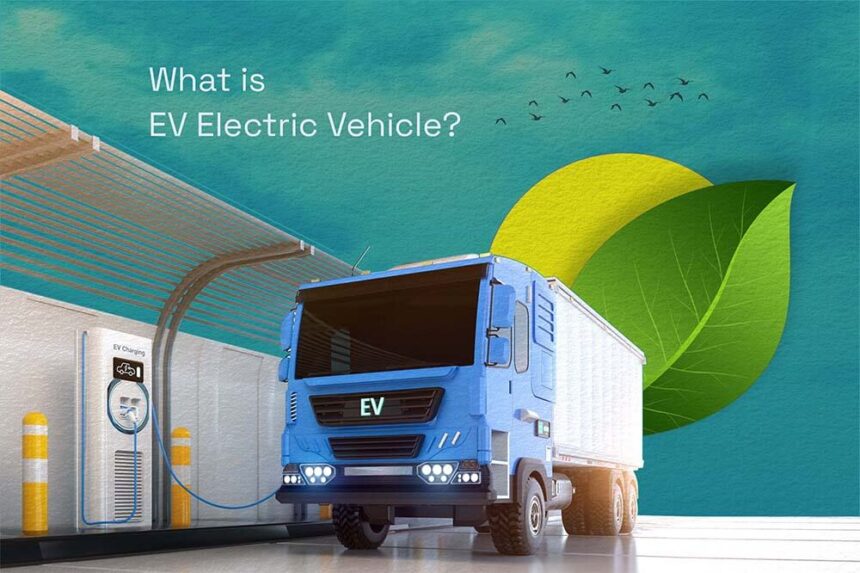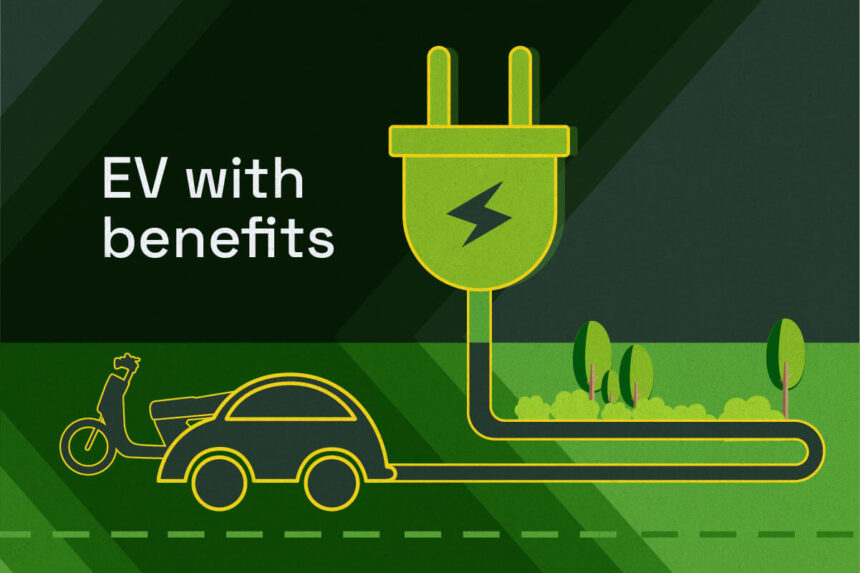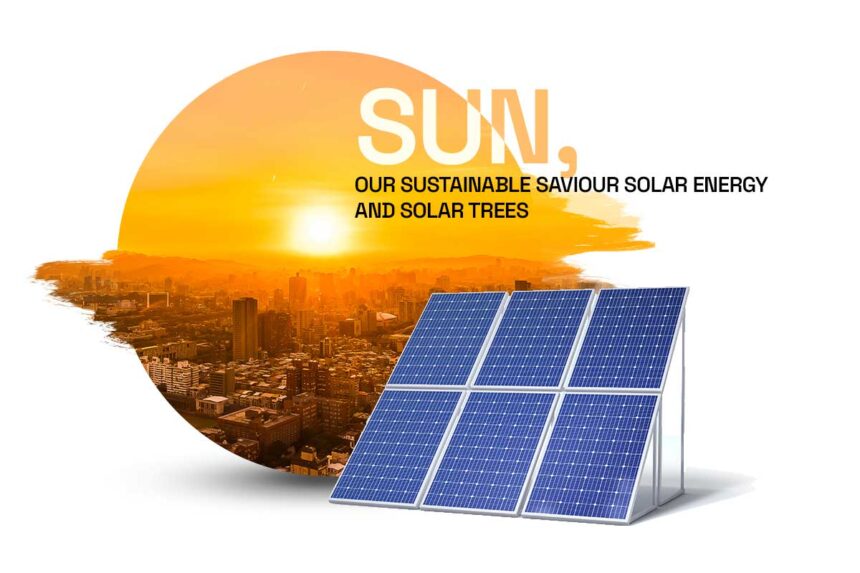The switch to sustainable energy sources has become essential in our quickly changing world to ensure a resilient and environmentally friendly future. But a major obstacle to this shift is the general lack of knowledge and instruction about sustainable energy. Establishing a culture that values and accepts sustainable practices requires closing this gap. This piece explores the critical role that education and public awareness play in advancing sustainable energy.
Being aware of sustainable energy. Renewable energy sources with little environmental impact are included in the category of sustainable energy. Geothermal hydro wind and solar energy are a few of them. Sustainable energy sources are naturally replenished and provide a cleaner alternative to fossil fuels which are limited and greatly contribute to environmental degradation.
The Value of Raising Public Knowledge.
Promoting Behavioral Change: Public awareness campaigns inform the public about the advantages of sustainable energy and persuade people to live more environmentally friendly lives. Combining small steps like utilizing energy-efficient appliances cutting back on energy use and encouraging renewable energy projects can have a big effect.
Influencing Policy: People who are well-informed are more likely to support laws that promote renewable energy sources. Communities may exert pressure on legislators to enact laws and incentives that support sustainable practices when they are aware of the long-term advantages of renewable energy.
Expanding Economic Opportunities: Raising awareness of the financial advantages of sustainable energy such as the creation of jobs in the renewable energy industry can help. Increased support and funding for sustainable energy initiatives are probably in store as more people become aware of these possibilities.
Educations Function.
Integrating Sustainability into Curriculam: We can educate a generation that understands the value of renewable energy by introducing sustainability concepts into curricula at all educational levels. Students who possess this fundamental knowledge may be motivated to work in the field of sustainable energy.
Training and Workshops for the Community: Providing training and workshop opportunities can give participants firsthand exposure to sustainable energy technologies. Renewable energy systems can be made more approachable and comprehensible for the general public by means of these educational initiatives. Collaborative Initiatives with Stakeholders: To create initiatives that support sustainable energy educational institutions can work with non-profits corporations and government agencies. These collaborations can spark the creation of creative fixes and a more unified strategy for sustainability.
Success Narratives.
Adoption of sustainable energy has advanced significantly in nations like Denmark and Germany as a result of intensive public awareness and education campaigns. The success of Germanys Energiewende (energy transition) initiative for instance can be attributed to significant public involvement and educational initiatives that have raised public support for policies pertaining to renewable energy.
Conclusion
Encouraging sustainable energy is a societal as well as a technological challenge. In order to enable people and communities to make informed decisions and take concrete steps toward a sustainable future public awareness and education are essential to this transition. By making these initiatives a top priority we can facilitate a more seamless switch to renewable energy sources and protect the environment for coming generations.






